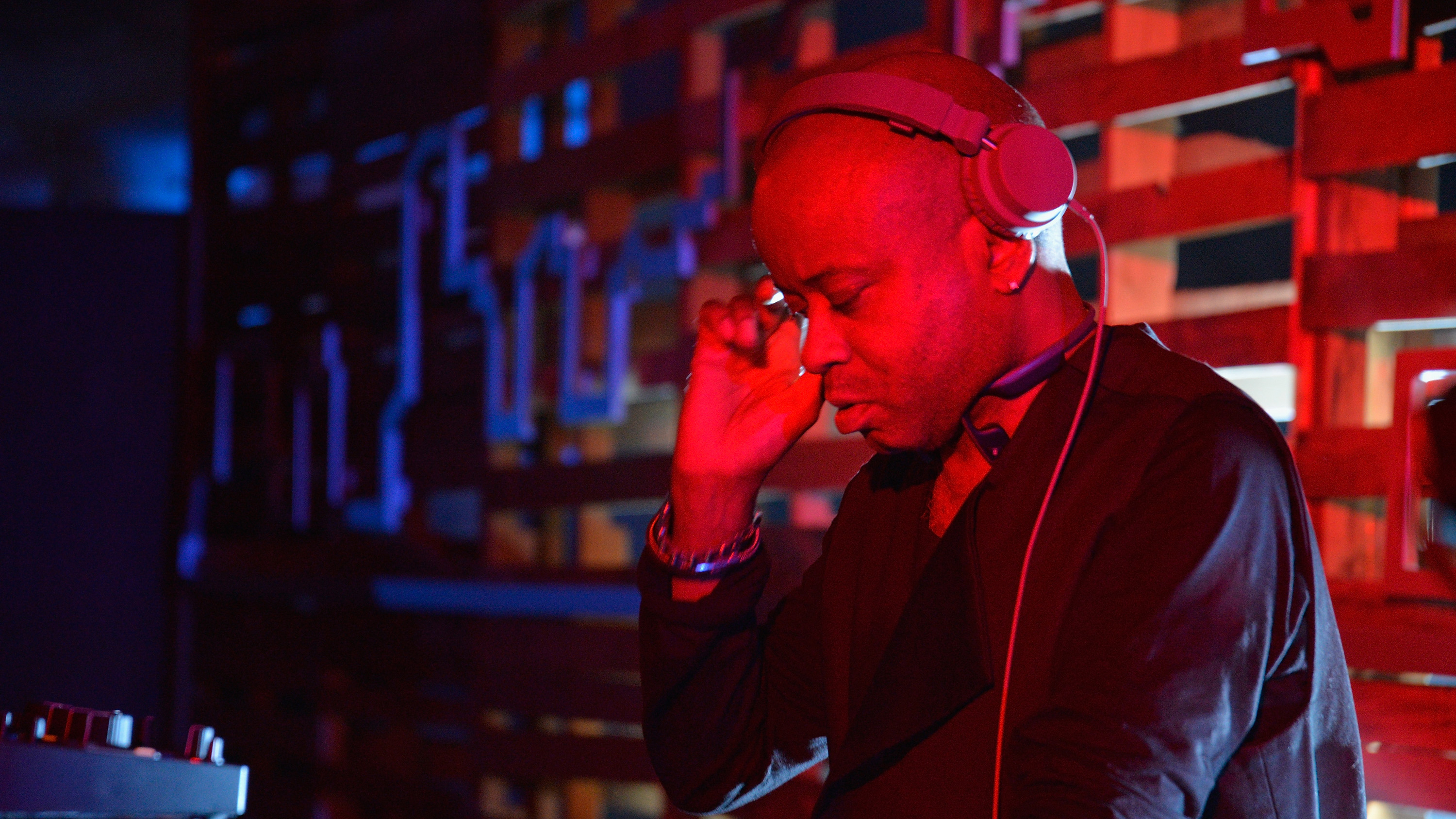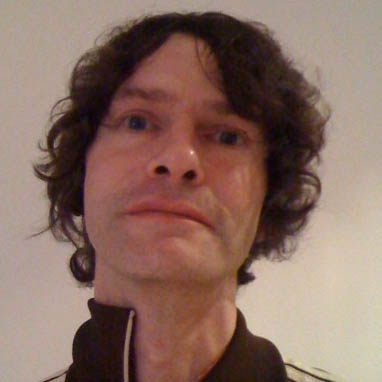“It was a culture shock. America at the time was kind of racially divided – while in the UK, there were 5,000 white kids going crazy to my music”: Juan Atkins remembers the early '90s rave scene
He talks about growing up in rural Belleville, space and artists’ obligation to “say something meaningful”

Detroit techno legend Juan Atkins has been talking about his experiences DJing during the early rave scene and his foundational role in the music that changed the world.
In an interview with The Guardian, Atkins recalled his first time in the UK was playing an acid house party in Birmingham in the late 80s. “Birmingham was cool,” he remembers. “It reminded me of Detroit, kind of industrial – although the nightlife on a weekend was rocking. After the party, people were going to – what is it? – the fish’n’chip shop?”
By the time the producer returned it was the height of the rave scene and things had moved on considerably. “It was a culture shock. America at the time was kind of racially divided – while in the UK, there were 5,000 white kids going crazy to my music.”
Though he’ll be forever associated with Detroit, Atkins’ life changed when, as a child, his family moved to Belleville, a rural town of just a few thousand people. “I was against it,” he recalls. “I just wasn’t used to going to school on a yellow bus and living on a dirt road.”
It was here that he met two other black kids, Kevin Saunderson and Derrick May. Gorging themselves on European electro-pop and electronic artists such as Kraftwerk and Yellow Magic Orchestra, the so-called Belleville Three would lay down the blueprint for what would later become known as techno.
Atkins started making music with a Vietnam vet, Rick Davis. The duo became Cybotron and put out a succession of singles and one album, 1983’s Enter, before the pair split in 1985. Cybotron’s records were heavily influenced by de-industrialisation, alienation, dystopian science fiction and as Atkins explains in the interview, the possibilities of what could be lying here out in space.
“Space has always excited me. What could be out there – and how it may have affected us. Maybe,” he conjectures, “the whole Earth life experience could be an extension of some alien life somewhere, you know?”
Want all the hottest music and gear news, reviews, deals, features and more, direct to your inbox? Sign up here.
Atkins’ music has always probed a bit deeper than standard dance music fare. “I make social statements,” he insists. “My lyrics are supposed to make you think about something other than shaking your booty on the dancefloor and falling in love. I feel like artists have an obligation to say something meaningful.”
- Read more: Juan Atkins on the detroit techno sound



Will Simpson is a freelance music expert whose work has appeared in Classic Rock, Classic Pop, Guitarist and Total Guitar magazine. He is the author of 'Freedom Through Football: Inside Britain's Most Intrepid Sports Club' and his second book 'An American Cricket Odyssey' is due out in 2025.
